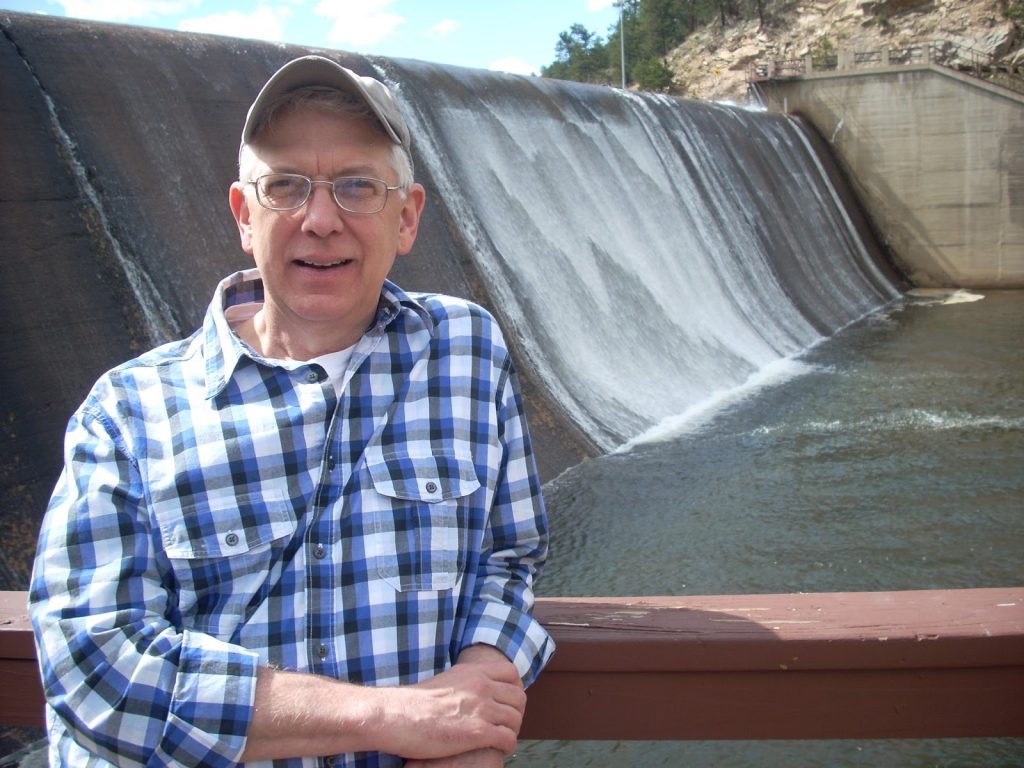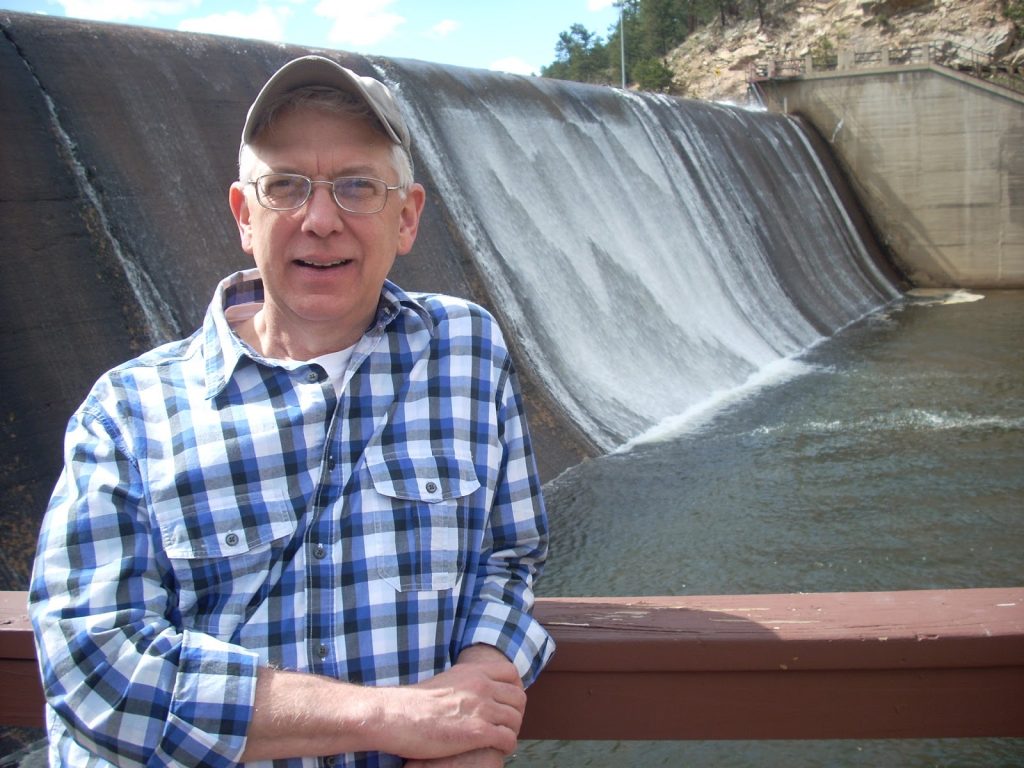Wiktionary defines “essence” — in usage relevant to this topic — as
1) “the inherent nature of a thing or an idea” and
2) “a significant feature of something.”
Therefore, the “essence of GLBTQ” might be otherwise stated as, “What is it about gay, lesbian, bisexual, transgender or queer people that makes them unique from everyone else?” The inclusion of the terms “transgender” and “queer” complicates the answer to a degree that makes generalizations meaningless. In fact, the word “queer,” when appropriated to describe oneself, seems intended to obviate any attempt to characterize it in any meaningful, shorthand way. “Transgender,” because it has nothing to do with sexual attraction but is rather gender identity related, seems to me to also lie outside any attempt to describe the “essence” of the first three letters — GLB — which are primary referent to an individual’s sexual attractions.
Those who condemn homosexuality invariably do so on the basis of same-sex erotic behaviors. Those behaviors are not the “essence” of homosexuality but the manifestation — or “womanifestation,” if you prefer — of it. The essence is the innate part of our nature that is drawn to members of our gender, rather than the opposite gender. This seems to fly in the face of everything we know about Adam and Eve and Charles Darwin’s theory on the survival of the species. Consequently, it is subject to accusations that we are operating against the Will of God and Nature and, therefore, must be deviant, if not evil. It is as if we are the ugly duckling whose ugliness is on the inside and, therefore, never changing.
What distinguishes gay and lesbian individuals from heterosexuals is our being forced into the position of having either to conform to erotic behaviors that are unnatural — even repugnant — to us by repressing those desires that are such a vital part of who we are in order to appear “normal” or to act on our own natural inclinations at the risk of being ostracized by a significant portion of society. Our “essence,” in my opinion, is the strength of our characters that has developed during what is an existential struggle to be both true to ourselves and successful members of an intolerant society.
There are many gay men and women who have never allowed the prejudices of our society to interfere with what they see as their own natural and true behavior. A tip of my hat to them. They have displayed a courage and self-knowledge that I can only admire from a distance. Their “essence” has been knowing their own heart and following it wherever it might lead. This is a rare quality, even among those who have never experienced self doubt and the fear of social opprobrium.
For some who count themselves among the “GLB,” however, finding some sense of authenticity has come only with the undertaking of behaviors that are in themselves self-defacing — drug or alcohol abuse or unprotected sex, for example. For these, “essence” might well be overcoming addiction or dealing with the life-long consequences of HIV/AIDS.
Others of us have “gone along to get along.” We married in the traditional way, perhaps even had children. For these — and I count myself among them — our “essence” might be qualitatively analyzed in how we have related to our opposite-gender spouses and children, how we “came out” to them, whether or not we were faithful during the marriage, and what kind of relationship we have with them after moving on toward a state of greater authenticity.
I’m certain that there are gay men and lesbians who do not fall into any of the aforementioned categories. That is why I do not think that the notion of a “GLBTQ essence” is all that pragmatic. If anything, there may be an added layer or two of “essence” on our psychological auras. But, at the same time, we are all 99-94/100% pure human being, with, perhaps, a few more rough edges and/or a more highly-polished-surface here and there. I think the rest of the world is coming around to this view … and fairly rapidly. May it continue to be so.
We, the GLBTQ members of the most remarkable species of animal in the known universe have been granted a very special charter. We have been commissioned by the Great Mystery of All Existence not only to share our very special talents with the world but, in order to do so, to first learn to look in the mirror and see, not the “ugly duckling” that some of those we have loved may have so ignorantly and, perhaps, unknowingly branded us, but ourselves as whole and wholesome human beings whose lives will encompass a level of adventure that will make for many wonderful stories that beg to be shared.
[Everything that I have said above about “GLB” people would also apply to those on the “third rail” of sexual attraction discourse — men and women who are attracted to juveniles of either sex. Unfortunately, this subject is so fraught with phobia and loathing that merely to state that the sexual attraction toward children is akin to same-sex attractions to adults tends to elicit reactions one might expect from confessing to mass murder. I merely would state that none of us picked the type of persons to whom we are sexually attracted from a list like choosing the color of our next car. There are still perhaps 40% of Americans who believe that having same sex attractions is immoral. Those of us with a “glb” orientation should be the last to condemn anyone for attractions over which they have absolutely no control, unlike actions taken on those feelings, which are properly proscribed, just as statutory rape is properly proscribed.]
© 15 July 2013
I came to the beautiful state of Colorado out of my native Kansas by way of Michigan, the state where I married and I came to the beautiful state of Colorado out of my native Kansas by way of Michigan, the state where I married and had two children while working as an engineer for the Ford Motor Company. I was married to a wonderful woman for 26 happy years and suddenly realized that life was passing me by. I figured that I should make a change, as our offspring were basically on their own and I wasn’t getting any younger. Luckily, a very attractive and personable man just happened to be crossing my path at that time, so the change-over was both fortuitous and smooth. Soon after, I retired and we moved to Denver, my husband’s home town. He passed away after 13 blissful years together in October of 2012. I am left to find a new path to fulfillment. One possibility is through writing. Thank goodness, the SAGE Creative Writing Group was there to light the way.




